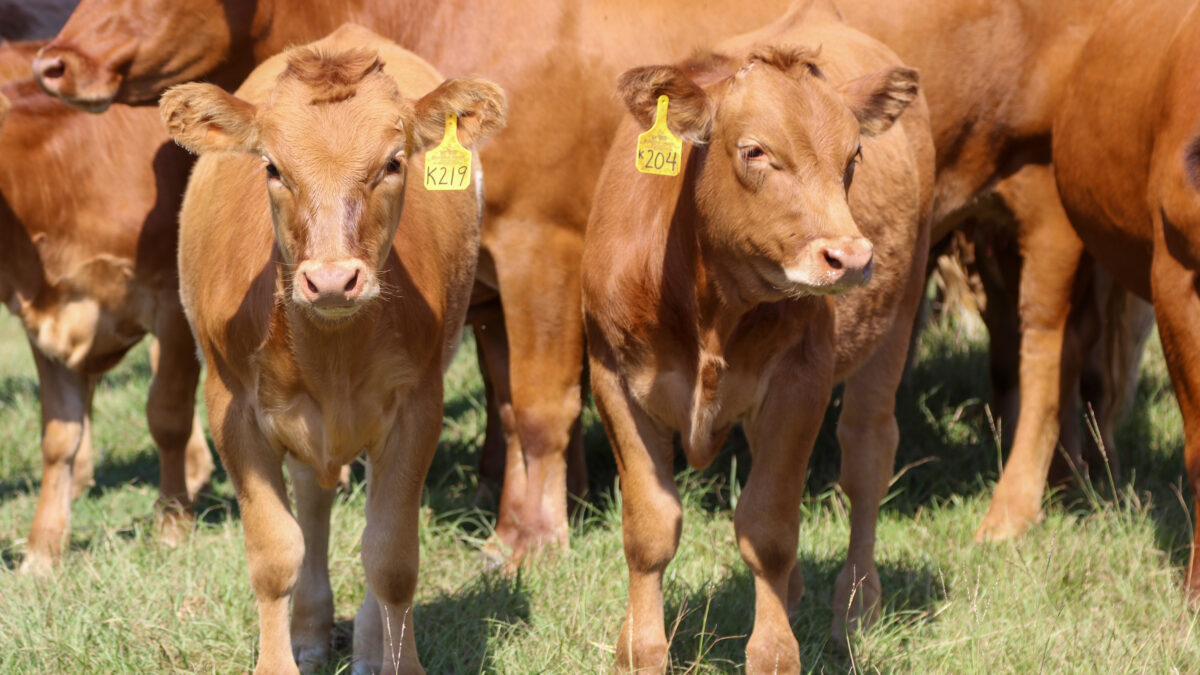Farmers are Facing Serious Challenges – We Can Help
TOPICS
HealthGuest Author
Special Contributor to FB.org

photo credit: Alabama Farmers Federation, Used with Permission
Guest Author
Special Contributor to FB.org
By John Sorbello
Farming is a real struggle for many of us these days. Not a day goes by that I don’t hear of a fellow farmer who is thinking of leaving the business or choosing to sell his or her dairy cattle herd. Prices are low across the board in New York state, from dairy and beef to grains and grapes. Things are so challenging that a large dairy cooperative included suicide prevention information with its monthly milk check earlier this year. That spurred a lot of talk and raised some questions about the sensitivity of the letter, but in the end, it was important to get the information out. Help is available for farmers.
New York Farm Bureau took it to heart. We are lucky in this state to have several partners we regularly work with who have the health and safety of our farmers as part of their core mission. The collaboration led to NYFB co-hosting stress management seminars across the state with NY FarmNet, an organization that offers free, confidential support on a host of issues, including personal struggles, family disagreements and business planning. The idea behind the gatherings was to give famers and agri-service providers information on the signs of stress, burnout and depression, and how best to cope.
All of us can take the time to listen to the people we care about. The simple act of lending an ear acknowledges the pain a fellow farmer may be going through.
Erica Leubner, a NY FarmNet family consultant, is unfortunately in high demand right now. Her core client base is struggling farm families that often turn to her as a last resort. She spoke at a recent stress management seminar.
“The number one thing we hear from farmers across the board is the inability to sleep through the night,” said Leubner.
As a result, she said, they will get out of bed and go to work in the middle of the night. Working when under high stress and with little sleep makes for a dangerous combination on the farm. Leubner emphasized the importance of eating a healthy diet, working on a sleep routine, exercising, setting boundaries, and finding time to do something that you enjoy. All of these things can help clear the mind and allow you to focus better on the problems at hand.
“Our head is like a snow globe. You need to settle it down,” she said. “The only way to get through a situation is with a clear mind.”
Workshop attendees also learned about signs that indicate someone is facing burnout. These include preoccupation with work, increasing irritability, turning to alcohol and drugs, and showing signs of resentment or a lack of compassion toward others.
Leubner’s workshop also emphasized the importance of listening and acknowledging the pain and extreme emotions farmers may be feeling. She recounted one client who was near the end of his rope and so consumed with stress that he refused to even look at his finances. However, once they sat down and examined his records, he found that his financial challenges were way more manageable than he had estimated.
“Farmers are so resourceful. They walk out the door and fix something in the moment, but this they can’t fix so easily. A phone call is doing something,” said Leubner.
All of us can take the time to listen to the people we care about. The simple act of lending an ear acknowledges the pain a fellow farmer may be going through. It allows the person to release emotions and gives some comfort, if only for a moment. No one can solve all of someone’s problems, but you can provide a safe space that may be desperately needed.
Farmers give all of themselves every day. There is a great sense of pride in carrying on the family tradition of food production. All of this compounds the stress and worry when things aren’t going well. However, farmers are also there for each other like no other community. We quickly jump in to help in a crisis, offering to house a neighbor’s cows because of a barn fire or hauling feed across state lines after a natural disaster. The current state of the ag economy is also a crisis. It may not be as noticeable in some ways, but it could be far more damaging. I encourage you to check on your neighbors, be on the lookout for signs of distress, and above all make sure your friends and family know that help exists.
John Sorbello is a director on the New York Farm Bureau and NY FarmNet boards. He farms in Palmyra, New York, where he grows nursery stock for the landscape industry, and fresh market sweet corn and vegetables for roadside stands as well as the wholesale market.